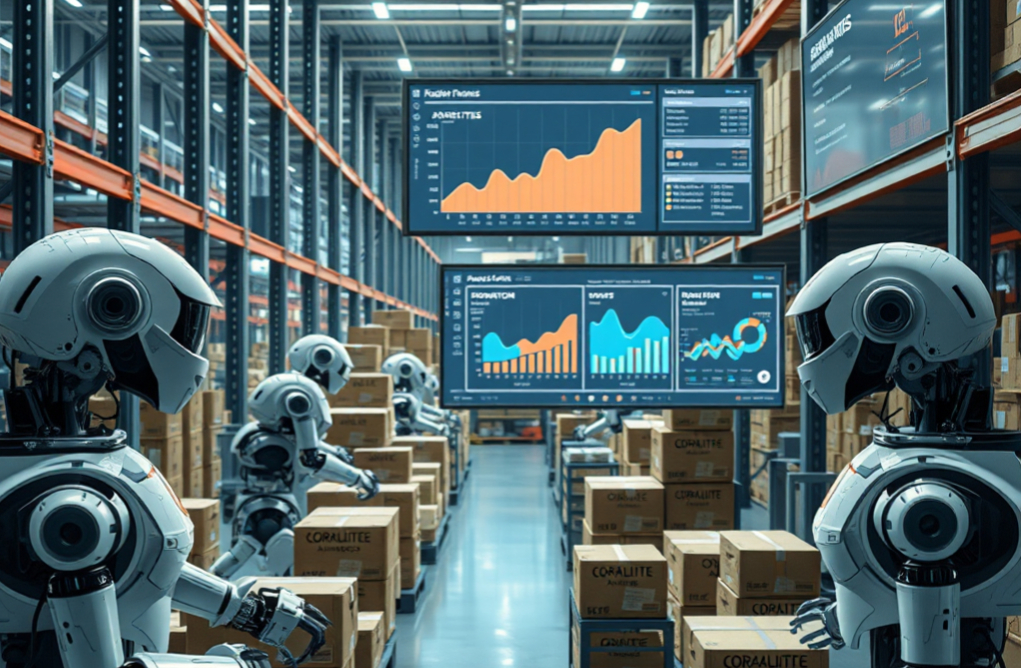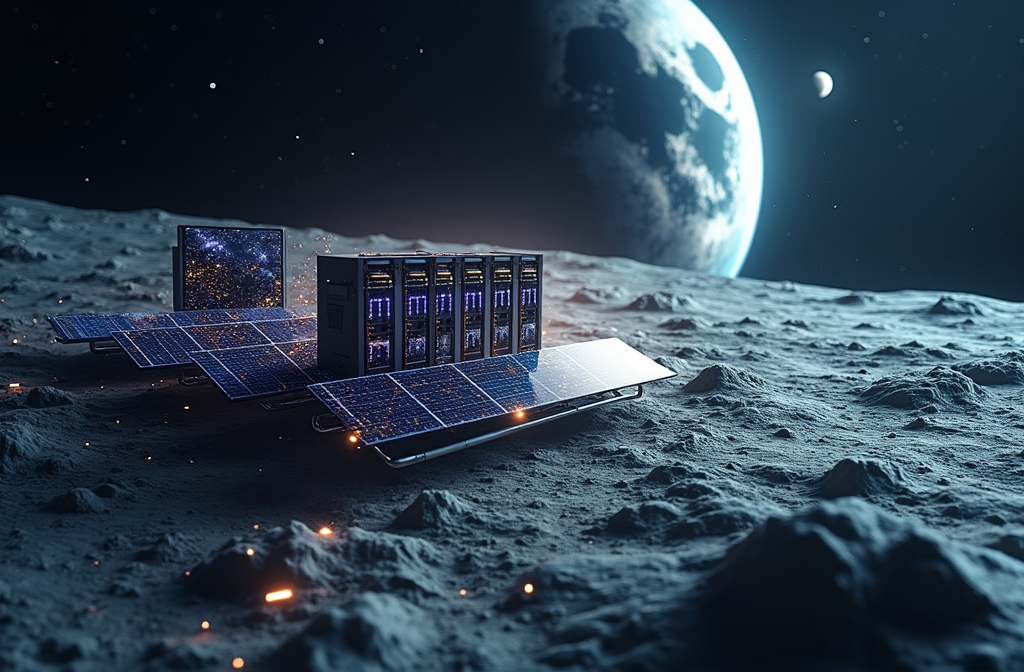Artificial intelligence (AI) is no longer a futuristic concept but an integral part of modern supply chain logistics. Companies are leveraging AI to enhance efficiency, reduce costs, and improve decision-making processes. From predictive analytics to autonomous vehicles, AI is transforming how goods are manufactured, stored, and delivered worldwide.
The Role of AI in Supply Chain Optimization
AI technologies, including machine learning, natural language processing, and computer vision, are tackling inefficiencies in traditional supply chain operations. Here’s how:
- Predictive Analytics: AI tools analyze historical data to forecast demand and anticipate disruptions. For instance, AI-powered platforms like Blue Yonder and ToolsGroup help businesses optimize inventory by predicting future demand patterns.
- Automated Warehousing: Robotics and AI-enabled systems streamline inventory management. Companies such as Amazon use autonomous robots in their warehouses to sort, pick, and pack products, significantly reducing processing time.
- Route Optimization: AI algorithms identify the most efficient delivery routes, reducing fuel consumption and delivery times. UPS’s ORION system, for example, uses AI to optimize routes for its drivers, saving millions annually.
- Risk Mitigation: AI monitors supply chain risks by analyzing geopolitical events, weather patterns, and market trends. Tools like Resilinc’s RiskShield provide real-time alerts, helping companies proactively manage potential disruptions.
Real-World Applications of AI in Logistics
- DHL’s Smart Glasses: DHL has integrated AI-driven smart glasses into its logistics process. These glasses provide workers with real-time information on item locations and quantities, improving accuracy and efficiency.
- Walmart’s AI-Driven Inventory Management: Walmart employs AI to monitor shelves, ensuring that products are always available for customers. Their Bossa Nova robots scan shelves for stock levels and placement issues.
- Maersk’s Predictive Maintenance: AI helps Maersk, a global leader in shipping, predict equipment failures before they occur. This reduces downtime and extends the lifespan of critical assets.
Benefits of AI in Supply Chains
- Increased Efficiency: AI automates repetitive tasks, freeing up human resources for strategic roles.
- Cost Savings: By minimizing errors and optimizing operations, businesses save on operational costs.
- Enhanced Decision-Making: Real-time insights enable quicker, data-driven decisions.
- Sustainability: AI’s optimization features help reduce carbon footprints through efficient energy and resource use.
Challenges and Future Prospects
While AI offers immense potential, it also comes with challenges:
- Data Security: Ensuring the privacy of sensitive supply chain data is crucial.
- Integration Costs: Implementing AI solutions can be expensive for small and medium enterprises.
- Skill Gap: There’s a need for skilled professionals to manage AI-driven systems.
Despite these challenges, the future of AI in supply chain logistics looks promising. Gartner predicts that by 2026, over 75% of large companies will have adopted AI-powered systems in their supply chains.
Conclusion
AI is undeniably transforming supply chain logistics, making processes faster, smarter, and more reliable. Companies that embrace AI technologies stand to gain a significant competitive edge in the global market.
Check out the cool NewsWade YouTube video about this article.
















